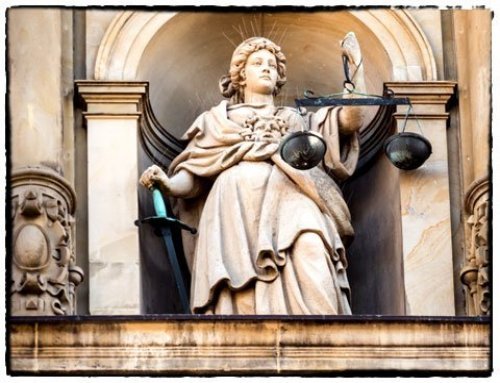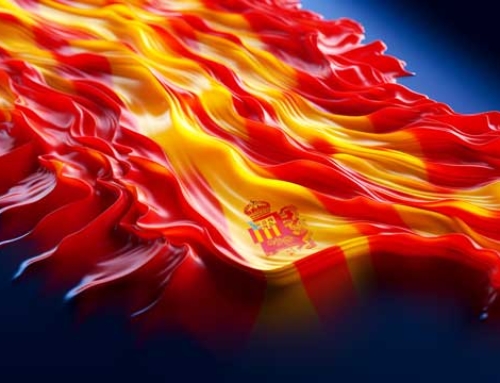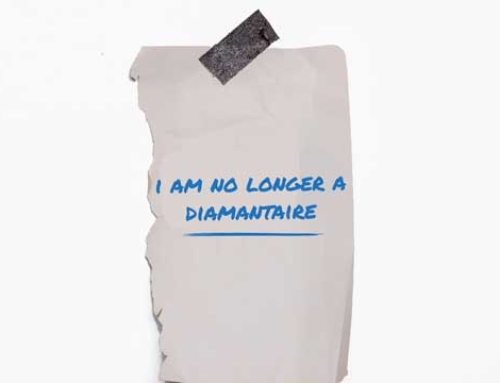IBM has partnered with members of the diamond and jewelry industry to create a blockchain platform for improving traceability.
The technology giant will work with retailer Helzberg Diamonds and jewelry manufacturer Richline Group — both subsidiaries of Warren Buffett’s Berkshire Hathaway — to launch the “Trust Chain Initiative.” Other members of the consortium are Asahi Refining and LeachGarner — which refine and supply precious metals, respectively — and UL, a third-party product-verification group.
TrustChain tracks and authenticates diamonds and precious metals throughout the supply chain, all the way to the finished jewelry piece. It will initially track six styles of diamond-and-gold engagement rings on the blockchain, with those products becoming available to consumers in participating retail stores by the end of 2018, IBM said in a statement Thursday.
Some 66% of consumers globally are willing to spend more to support sustainable brands, IBM noted, citing a 2015 survey by the Nielsen Company.
“TrustChain is an example of how blockchain is transforming industries through transparency and viable new business models that specifically benefit the consumer,” said Bridget van Kralingen, senior vice president for global industries, platforms and blockchain at IBM. “Consumers care deeply about the quality and source of the jewelry they purchase.”
The IBM Blockchain Platform will power the initiative, which will operate on the IBM Cloud. A blockchain is an unchangeable digital ledger of transactions that enables companies with access to the system to obtain trusted data.
“TrustChain is the first blockchain of its kind within our industry, designed as a solution that marries IBM’s leading blockchain technology with responsible sourcing, verification and governance by third-party organizations, led by UL as the administrator,” said Mark Hanna, Richline’s chief marketing officer.
About IBM
IBM (International Business Machines Corporation) is an American multinational technology company headquartered in Armonk, New York, United States, with operations in over 170 countries. The company began in 1911 as the Computing-Tabulating-Recording Company (CTR) and was renamed “International Business Machines” in 1924.
It manufactures and markets computer hardware, middleware and software, and provides hosting and consulting services in areas ranging from mainframe computers to nanotechnology. It is also a major research organization, holding the record for most U.S. patents generated by a business (as of 2018) for 25 consecutive years.
Inventions by IBM include the automated teller machine (ATM), the PC, the floppy disk, the hard disk drive, the magnetic stripe card, the relational database, the SQL programming language, the UPC barcode, and dynamic random-access memory (DRAM). The IBM mainframe, exemplified by the System/360, was the dominant computing platform during the 1960s and 1970s.
IBM has continually shifted its business mix by commoditizing markets focusing on higher-value, more profitable markets. This includes spinning off printer manufacturer Lexmark in 1991 and selling off its personal computer (ThinkPad/ThinkCentre) and x86-based server businesses to Lenovo (2005 and 2014, respectively), and acquiring companies such as PwC Consulting (2002), SPSS (2009), and The Weather Company (2016). Also in 2014, IBM announced that it would go “fabless”, continuing to design semiconductors, but offloading manufacturing to GlobalFoundries.
Nicknamed Big Blue, IBM is one of 30 companies included in the Dow Jones Industrial Average and one of the world’s largest employers, with (as of 2016) nearly 380,000 employees. Known as “IBMers”, IBM employees have been awarded five Nobel Prizes, six Turing Awards, ten National Medals of Technology and five National Medals of Science.

“Traceability is essential if the diamond industry want to thrive in the 21st century.”
Sylvain Goldberg






